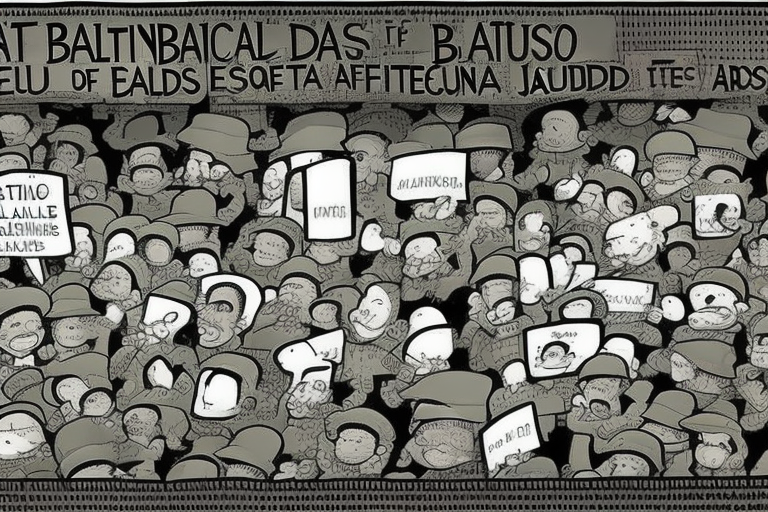
As we navigate the treacherous waters of a post-affirmative action America, it's time to consider new approaches to address the inequalities that persist in our society. One potential solution that has gained traction is offering benefits based on low-income status. Yes, you heard that right – forget about meritocracy, let's just give handouts to anyone who can prove they're broke!
Imagine a world where your financial struggles are not only acknowledged but also rewarded. Need a scholarship? Just show us your bank statement with a negative balance, and voila! You're on your way to a top-tier university. Want a job? Forget about qualifications and experience – just prove that you can barely afford to pay your bills, and the position is yours. Who needs skills when you have an empty wallet?
Of course, some may argue that this approach undermines the principles of hard work and personal responsibility. But let's be honest, those are overrated anyway. Why should we reward those who have worked tirelessly to achieve success when we can simply hand out benefits to those who haven't? It's time to level the playing field by tilting it completely in favor of the financially disadvantaged.
And let's not forget the potential economic benefits of this approach. By offering benefits based on low-income status, we would create a whole new industry of poverty verification. Think of the jobs that would be created – financial auditors specializing in determining just how poor someone really is, consultants advising on the best strategies to maintain a destitute lifestyle, and even professional beggars who can teach us all a thing or two about maximizing handouts.
But wait, there's more! In this brave new world, we could also eliminate the need for expensive healthcare systems. After all, if you're poor enough to qualify for benefits, you're probably too broke to afford medical treatment anyway. Who needs doctors when you can just rely on the healing power of poverty?
Of course, there may be a few minor drawbacks to this approach. For one, it might discourage people from striving for success and instead incentivize them to stay in poverty. But hey, who needs ambition when you can have free stuff?
So, let's embrace the post-affirmative action America and usher in a new era of benefits based on low-income status. Because in the end, what's more important – hard work and merit, or the sweet satisfaction of knowing you got something for nothing?